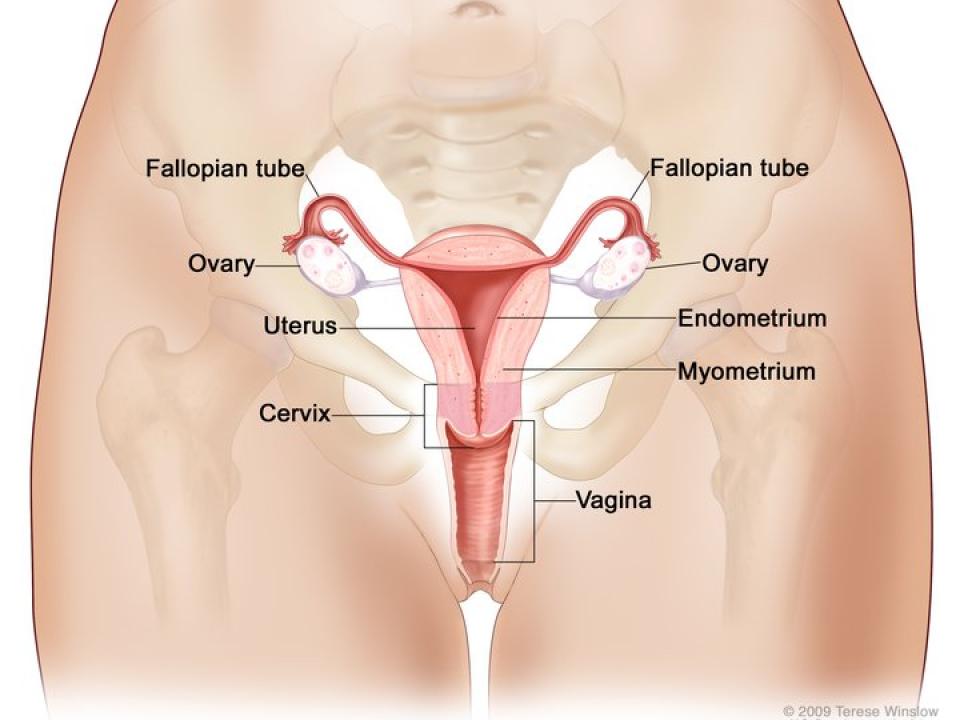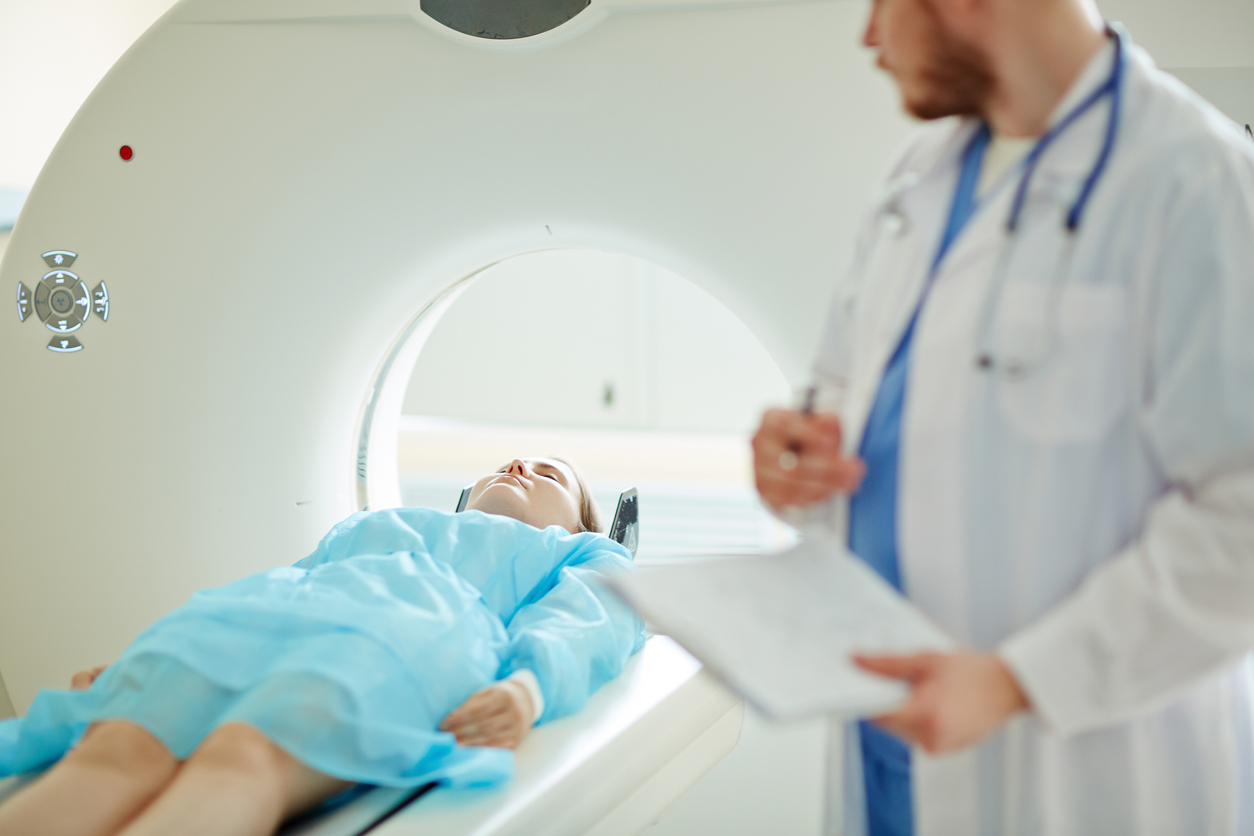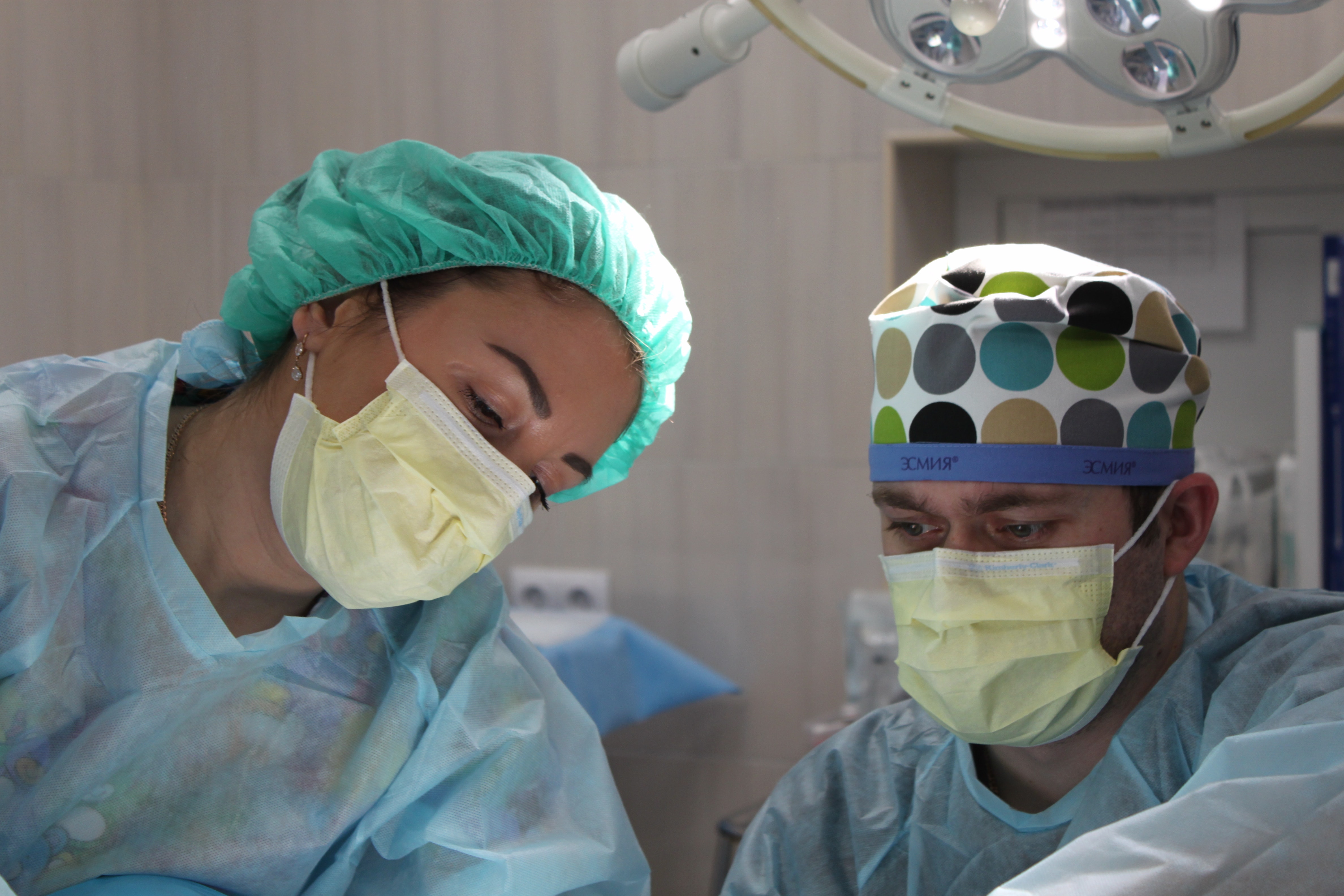
Uterine (womb) cancer
Cancer of the uterus (womb) is when the cells in the uterus grow in an abnormal way. A group of these cancer cells can form a tumour. Uterine cancer is sometimes referred to as womb cancer.
About 570 women are diagnosed with uterine cancer every year in Ireland. The most common type of uterine cancer is endometrial cancer, which starts in the lining of the uterus. Most uterine cancers occur in women aged 50 to 64.
What is uterine (womb) cancer?
Uterine (womb) cancer is when the cells in the uterus (womb) change and grow in an abnormal way. A group of these cancer cells can form a tumour.
Most women with uterine cancer will have a type called endometrial cancer. This is cancer that starts in the lining of the uterus (endometrium).
Read more about the types of womb cancer.

What is the uterus (womb) and what does it do?
The uterus (womb) is a muscular, pear-shaped organ found in your lower abdomen, between your bladder and back passage (rectum).
It is part of the female reproductive system, together with the ovaries, the fallopian tubes, the cervix and the vagina. Uterus is the medical term for the womb.
The lining of your uterus is called the endometrium. Every month this lining thickens, grows and then falls away from the uterus as a monthly period. During pregnancy, your uterus protects the growing baby.
There are also layers of muscle in the uterus, called the myometrium.
The lower part of the uterus is the cervix, which is also known as 'the neck of the womb'.
Although the cervix is part of the uterus, cancer of the cervix is diagnosed and treated differently to uterine cancer.
Note:
We use the term ‘woman / women’ in our uterine cancer information but we understand that not everyone who has a uterus identifies as a woman.
Whoever you are, wherever you come from, we are here for you. For confidential advice, information and support, contact our Support Line on Freephone 1800 200 700.
More information about uterine (womb) cancer
Treatment for uterine (womb) cancer

Looking for support?
Our cancer support section contains information and advice on coping with cancer for diagnosed patients and their loved ones.
Medical content updated from our Understanding Uterine (womb) cancer booklet (2023). Reviewed by Dr Razia Aslam, Consultant Gynaecological Oncologist, Sarah Mahony, Gynaecological Clinical Nurse Specialist and Linda Wilson, Daffodil Centre Nurse
*The Irish Cancer Society uses the most up-to-date cancer statistics from the National Cancer Registry Ireland, available on www.ncri.ie
For more information
Phone
1800 200 700








